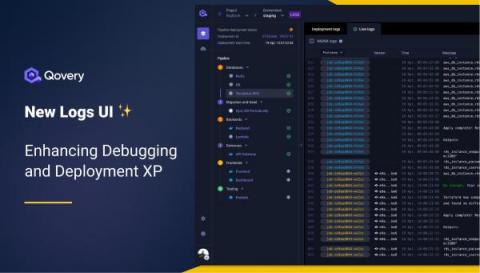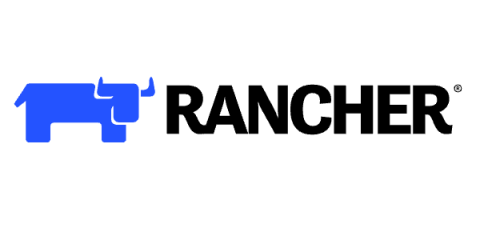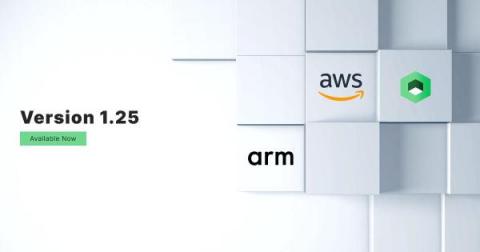Operations | Monitoring | ITSM | DevOps | Cloud
Containers
The latest News and Information on Containers, Kubernetes, Docker and related technologies.
New Logs Interface: Enhancing Debugging and Deployment Experience
Demystifying Container Orchestration: A Beginner's Guide
As organizations increasingly adopt containerized applications, it is essential to understand what container orchestration is. This guide delves into what container orchestration is, its benefits, and how it works, comparing popular platforms like Kubernetes and Docker. We will also discuss multi-cloud container orchestration and the role of Rancher Prime in simplifying container orchestration management.
Kubewarden 1.6.0 is Released!
We are pleased to announce the availability of the Kubewarden 1.6.0 stack. This release brings stability, performance and security improvements; all packed with a new major feature. Let’s dig into the changes!
New Kublr Version 1.25
The Kublr team is excited to announce the general availability of version 1.25, providing customers with the most flexibility and customization possible to manage their Kubernetes-based infrastructure via Kublr’s single pane of glass, to-date.
Trending topics at KubeCon using Civo ML - Civo TV
We are Live with HashiCorp!
Select Bitnami-Packaged Data Services Helm Charts Now Support Service Bindings for Kubernetes
We are happy to announce that some of the widely used Bitnami-packaged Data Services Helm charts now support Service Binding Specification for Kubernetes. With this move, our goal is to improve the lives of platform teams and developers by removing the complexities around data services configuration and the secrets retrieval processes.










